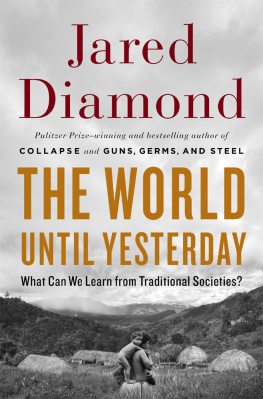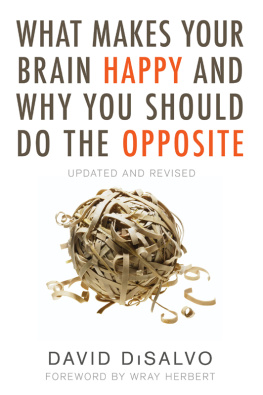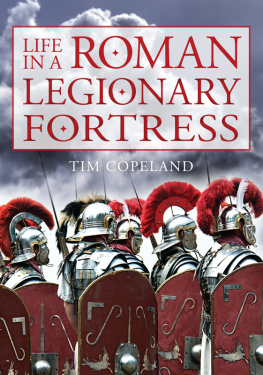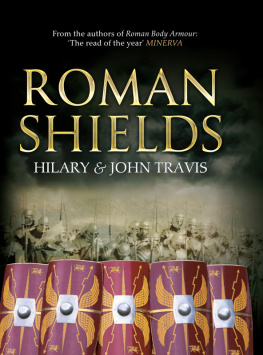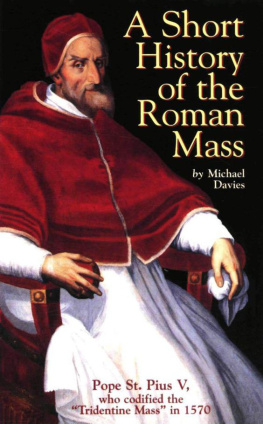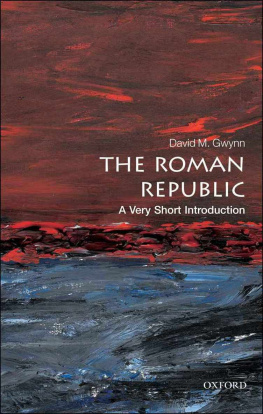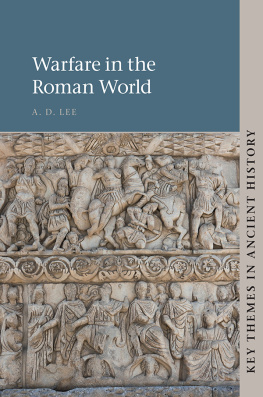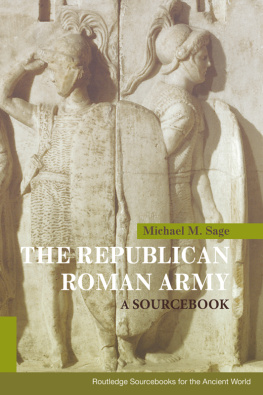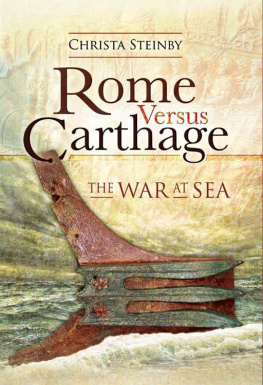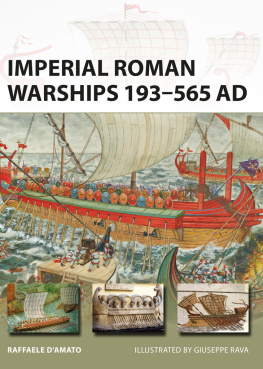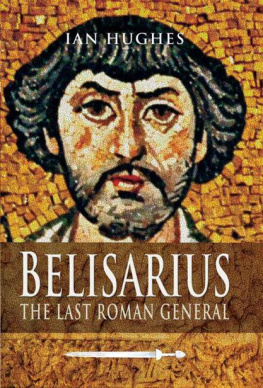Baker - Spare No One: Mass Violence in Roman Warfare
Here you can read online Baker - Spare No One: Mass Violence in Roman Warfare full text of the book (entire story) in english for free. Download pdf and epub, get meaning, cover and reviews about this ebook. year: 2021, publisher: Rowman & Littlefield Publishers, genre: Science. Description of the work, (preface) as well as reviews are available. Best literature library LitArk.com created for fans of good reading and offers a wide selection of genres:
Romance novel
Science fiction
Adventure
Detective
Science
History
Home and family
Prose
Art
Politics
Computer
Non-fiction
Religion
Business
Children
Humor
Choose a favorite category and find really read worthwhile books. Enjoy immersion in the world of imagination, feel the emotions of the characters or learn something new for yourself, make an fascinating discovery.

Spare No One: Mass Violence in Roman Warfare: summary, description and annotation
We offer to read an annotation, description, summary or preface (depends on what the author of the book "Spare No One: Mass Violence in Roman Warfare" wrote himself). If you haven't found the necessary information about the book — write in the comments, we will try to find it.
In 146 BC, the armies of the Roman Republic destroyed Carthage and Corinth, two of the most spectacular cities of the ancient Mediterranean world. It was a display of ruthlessness so terrible that it shocked contemporaries, leaving behind deep scars and palpable historical traumas. Yet these twin destructions were not so extraordinary in the long annals of Roman warfare. In Spare No One, Gabriel Baker convincingly shows that mass violence was vital to Roman military operations. Indeed, in virtually every war they fought during the third and second centuries BC, the Roman legions killed and enslaved populations, executed prisoners, and put cities to the torch. This powerful book reveals that these violent acts were not normally the handiwork of frenzied soldiers run amok, nor were they spontaneous outbursts of uncontrolled savagery. On the contraryand more troublinglyRoman commanders deliberately used these brutal strategies to achieve their most critical military objectives and political goals. Bringing long-overdue attention to this little-known aspect of Roman history, Baker paints a fuller, albeit darker, picture of Roman warfare. He ultimately demonstrates that the atrocities of the twentieth and twenty-first centuries have deep historical precedents. Casting a fresh light on the strategic use of total war in the ancient world, he reminds us that terror and mass violence could be the rational policies of men and states long before the modern age.
Baker: author's other books
Who wrote Spare No One: Mass Violence in Roman Warfare? Find out the surname, the name of the author of the book and a list of all author's works by series.

